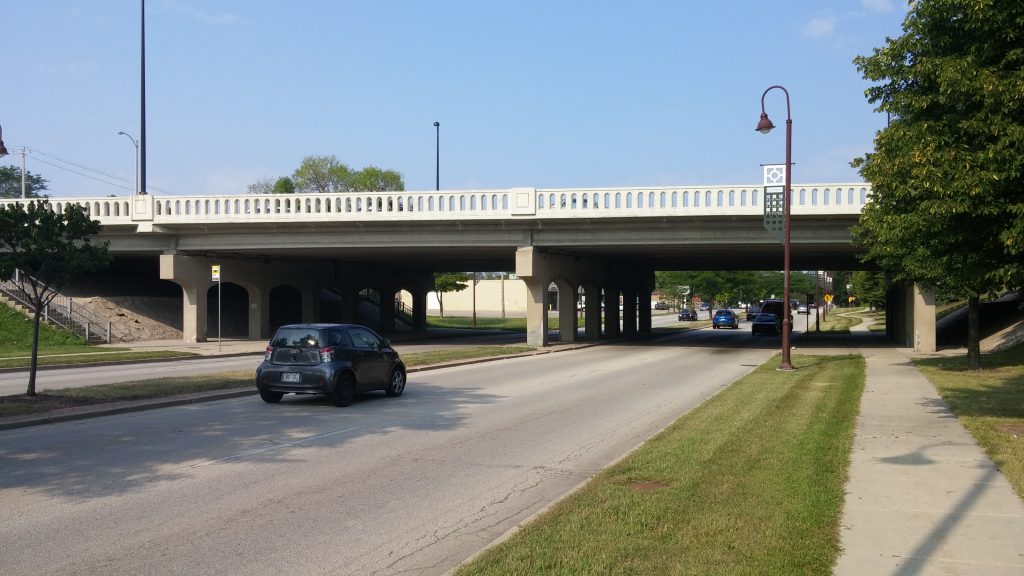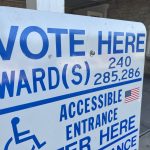Impact of Drivers Licenses for Immigrants
In a tight labor market 22,000 undocumented immigrants who are workers could get a drivers license.
Governor Tony Evers has said he will include a measure in his budget proposal that broadens access to driver licenses, making it easier for immigrant parents and workers to make ends meet and provide supportive homes for their children. Breaking down barriers to licenses would also bring broad-based benefits to Wisconsin’s economy and boost communities and businesses across the state.
Currently, Wisconsin blocks residents who are undocumented immigrants from obtaining driver licenses. And yet, it is nearly impossible to live in many parts of Wisconsin without driving—putting Wisconsin residents who are undocumented in a grim predicament. The prohibition on licenses means that seemingly mundane tasks like giving a neighbor a ride to church or driving to the doctor’s office can result in potentially life-altering consequences. For these residents, something as minor as being pulled over for a burned-out headlight can trigger a series of events that results in separation from their families and the loss of their homes and livelihoods. That uncertainty traumatizes children and takes a toll on families and communities.
In addition to strengthening families, removing barriers to driver licenses will strengthen local economies, by improving the bottom line of businesses and improving job prospects for workers. An estimated 22,000 Wisconsin workers who are undocumented would obtain licenses if obstacles were reduced. Allowing these workers to obtain licenses would improve the match between employers and employees, with workers holding jobs that utilize their full skill set, and employers gaining full access to the flexibility of the labor market.
Immigrant families aren’t the only ones facing state-imposed barriers to driver licenses. Wisconsin suspends the licenses of drivers who are struggling financially and can’t afford to pay their parking tickets or other tickets for minor traffic infractions. Without a license, workers might not be able to get to work, and could lose their jobs. The result is that the state of Wisconsin is taking away the very tools that workers—disproportionately workers of color—need to succeed.
Wisconsin Budget
-
Charting The Racial Disparities In State’s Prisons
 Nov 28th, 2021 by Tamarine Cornelius
Nov 28th, 2021 by Tamarine Cornelius
-
State’s $1 Billion Tax Cut Leaves Out 49% of Taxpayers
 Sep 21st, 2021 by Tamarine Cornelius
Sep 21st, 2021 by Tamarine Cornelius
-
TANF Program Serves a Fraction of Poor Families
 Aug 30th, 2021 by Jon Peacock
Aug 30th, 2021 by Jon Peacock






















